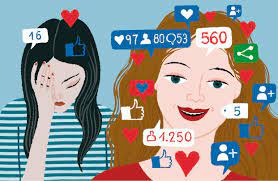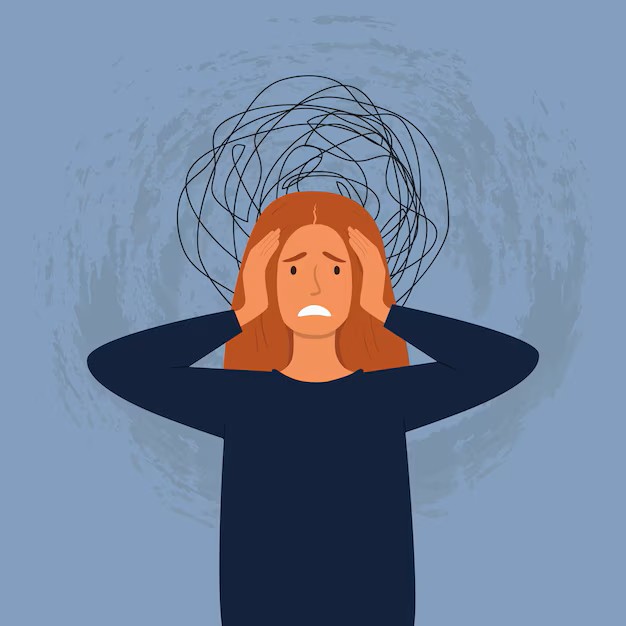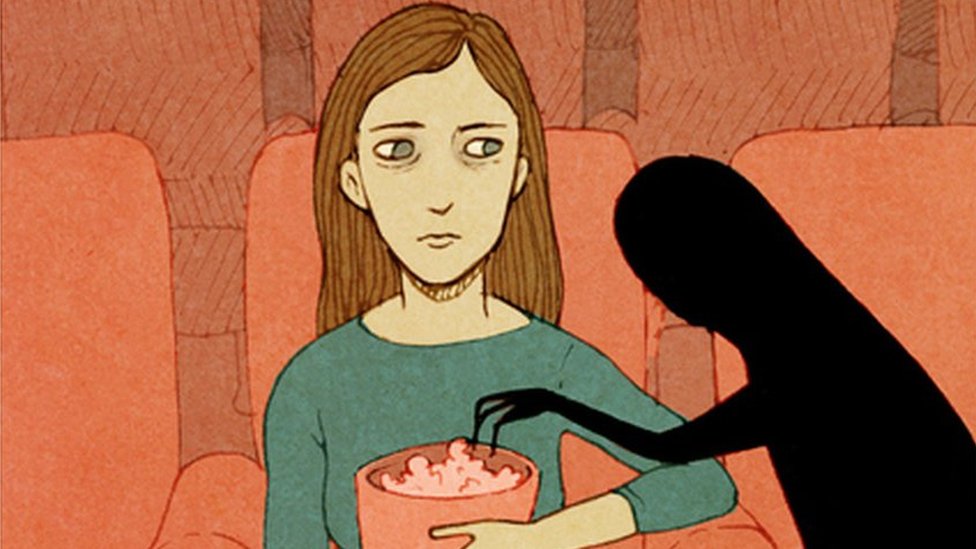Social Media and How It Affects Our Self Image
by Kristen Cifelli | Thursday, Dec 02, 2021
With the increased use of social media in many people's lives on a day-to-day basis, self-image portrayed through social networks has seemed to change as well, influencing more than just new trends. Often a more "romanticized" version of one's life is presented through the eyes of a phone camera; at first glance, this may seem beneficial, but this phenomenon has considerable drawbacks. I am no stranger to the harmful effects of the multitude of posts put out by the millions of fitness influencers detailing every green smoothie they drink while unboxing a PR package from a name-brand clothing company in their perfect Los Angeles apartment.
The following blog includes personal and professional opinions on how social media has shaped the newer generation's perspective of their self-image, including both the positive and negative impacts.
So, who are these people, and how do they gain this influence?
Even more concerning is that other research has shown intensified exposure and overuse of social media has contributed to several psychological disorders, mental health risks, and physical health risks such as:
- Depression
- Anxiety
- Jealousy
- Loneliness or feeling of isolation
- Self-harm
- Poor body image
- Eating disorders such as anorexia
- Disrupted sleep
However, the most alarming observation is the rise in normalization of these side effects of social media. I often see and hear people explain their depression or poor body image due to posts they have seen online, whether from influencers or their friends. Despite this, they continue to spend hours on social media comparing themselves and judging others, even without realizing it. I am no exception - the number of "likes" I receive on my post causes me to question the worthiness of my image, and I constantly wonder if a better picture or a better edit would have fit the artificial standards of a "good" social media post. Leeching off this now common desire to alter photos, many editing apps are widely available for use just a download away, making it easy to see a picture and assume that is how that person looks all the time. It is crucial to understand that most images posted on the internet are captured at the perfect angle and often modified afterward to eliminate any possible blemishes. In contrast, editing can be helpful if used appropriately with an avid understanding that the photo is modified.
However, even with its many downsides, using social media is not always inherently wrong. There are many benefits of media, such as:
- Interaction with friends and other users
- Expression of opinions and ideas
- Opportunity to learn new things
- Development of group identities (such as within personal interests or culture)
Studies have shown that social media has led to stronger bonds and more friendships/relationships being formed. Media has also been able to link like-minded individuals by offering platforms to interact and show off creativity and intelligence. Additionally, for those who struggle with socialization, social networks provide a relatively easy way to express themselves and grow social skills and find out who they are. In a study done by the University of Pennsylvania, the results yielded that cutting down social media use to around 30 minutes per day averages the most advantages to one's daily life. This reduction to 30 minutes reduces the FOMO (or fear of missing out) that people experience when they spend several hours on social media. This time limit also curbs the issues associated with excessive social media use, such as "loneliness, anxiety, depression, and sleep problems" ("Social Media and Mental Health"). By practicing self-controlled social media use, one can better realize when they have spent enough time scrolling and need to unplug and see things from a more authentic point of view.


